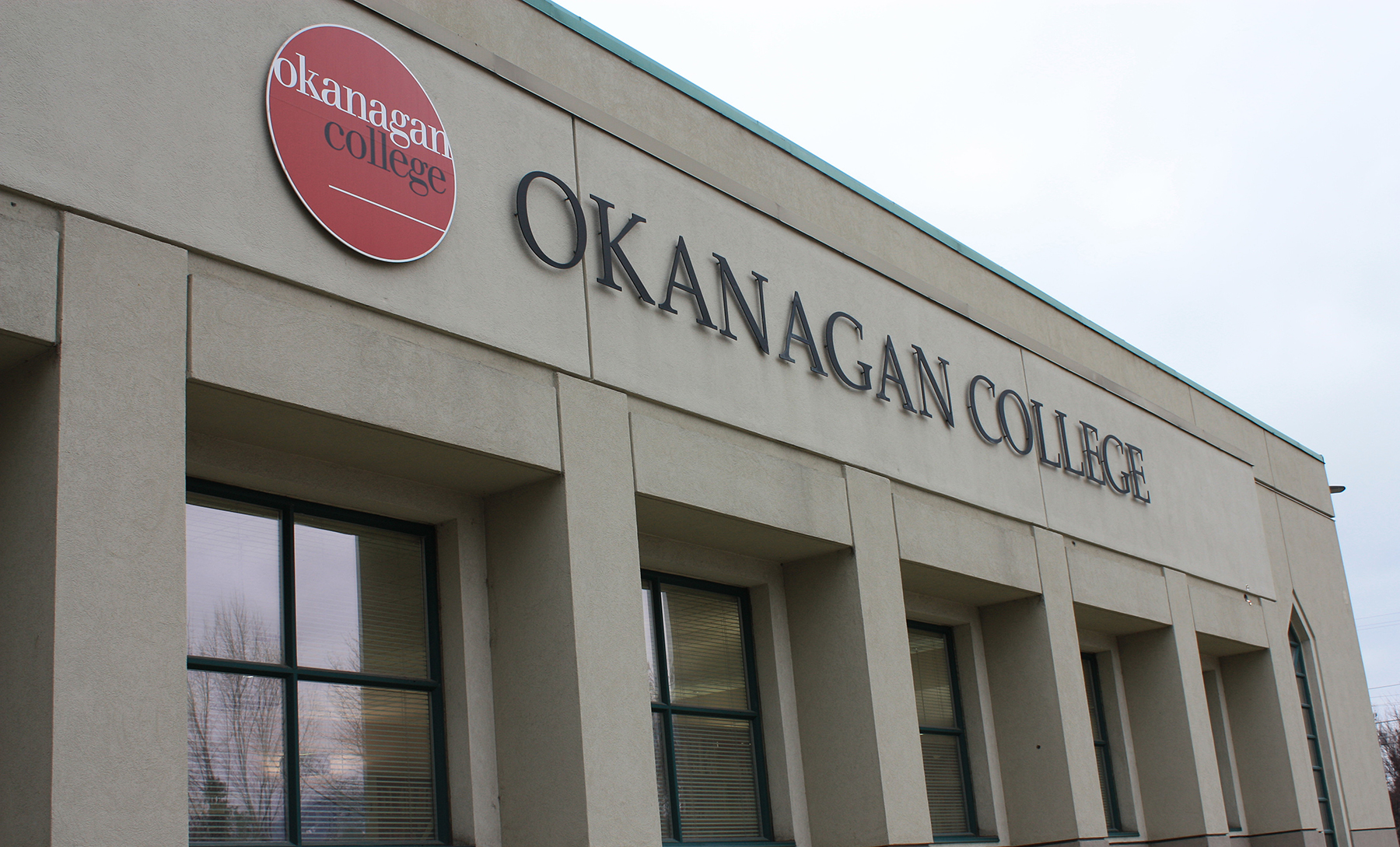Okanagan College expected to see fewer international students, loss in revenue unknown
by Kathy Michaels
Post secondary institutions across Canada are bracing for financial losses with the future of foreign students stuck in COVID-19 limbo.
Thompson Rivers University in Kamloops has reduced its estimates for international students by 30 per cent, Matt Milovick, the vice president of administration and finance at the university said.
International students' tuition was expected to bring in $66.3 million for the upcoming school year. That would have accounted for 26 per cent of the school’s revenue.
UBC Okanagan officials were not immediately available for comment.
Anticipating a significant financial blow to its revenues the school has instituted cost savings, including a halt on spending, capital projects have been paused, new hires have been put on hold and the majority of corporate credit cards have been rescinded. Layoffs could be in the future.
While Okanagan College also has international students, the proportion is lesser and school officials have yet to come up with a dollar figure for what could be lost.
The school currently has more than 20,000 students in all programs and circumstances at all campuses and centres. Of those, 10 per cent are from outside of Canada, Allan Coyle, the college's director of public affairs said.
“That’s not as large of a proportion of many institutions,” Coyle said. “We’ve taken a deliberative approach to the internationalization of the institution.”
The aim has been to make sure that it’s a positive experience for both foreign students and domestic learners, but the higher tuition foreign students pay do still support the sustainability of the institution.
The loss, however, is hard to project.
“We’re not at that point, with regard to international students — we’re not sure where we will end up,” Coyle said, adding that July is when the picture will become clearer.
“We haven’t put a number on it yet and we’ve been carefully monitoring the application rates, but it really is a very dynamic situation.”
One of the things that may soften the blow, is that many of the school’s “healthy contingent” of international students from last year are believed to have stayed in the towns and cities they're studying in when travel was curtailed and they will be returning to class.
The larger question, Coyle said, is how many incoming new students there will be and what programs will look like, particularly those that have a significant hands-on component.
“We’re in daily discussions with the international education department, and recruiters are reaching out to students who are applying,” he said.
“The government has recently announced that international students accepted to Canada, can complete 50 per cent of their (schooling) in an online format. Too we may see international students attend Okanagan College who won’t be physically here in the fall.”
Already a great number of programs have made a shift to online learning.
“We did a pivot in March to do everything online and it worked remarkably well for what we had to do,” Coyle said. “Then we made a decision that our two summer sessions we offer will be wholly online, and that went well.”
Tuition losses may be hard to quantify as of yet, as other losses like regional bookings are also going to be difficult to quantify. Coyle said there will be savings from this period as well.
The greatest concern at this point, said Coyle, is that the college's facilities are being taken out of circulation for events.
“All these things wear on sense of community,” Coyle said. “Okanagan College has always gone out of its way to be integrated in the community and welcome groups into facilities and that’s not just happening.”